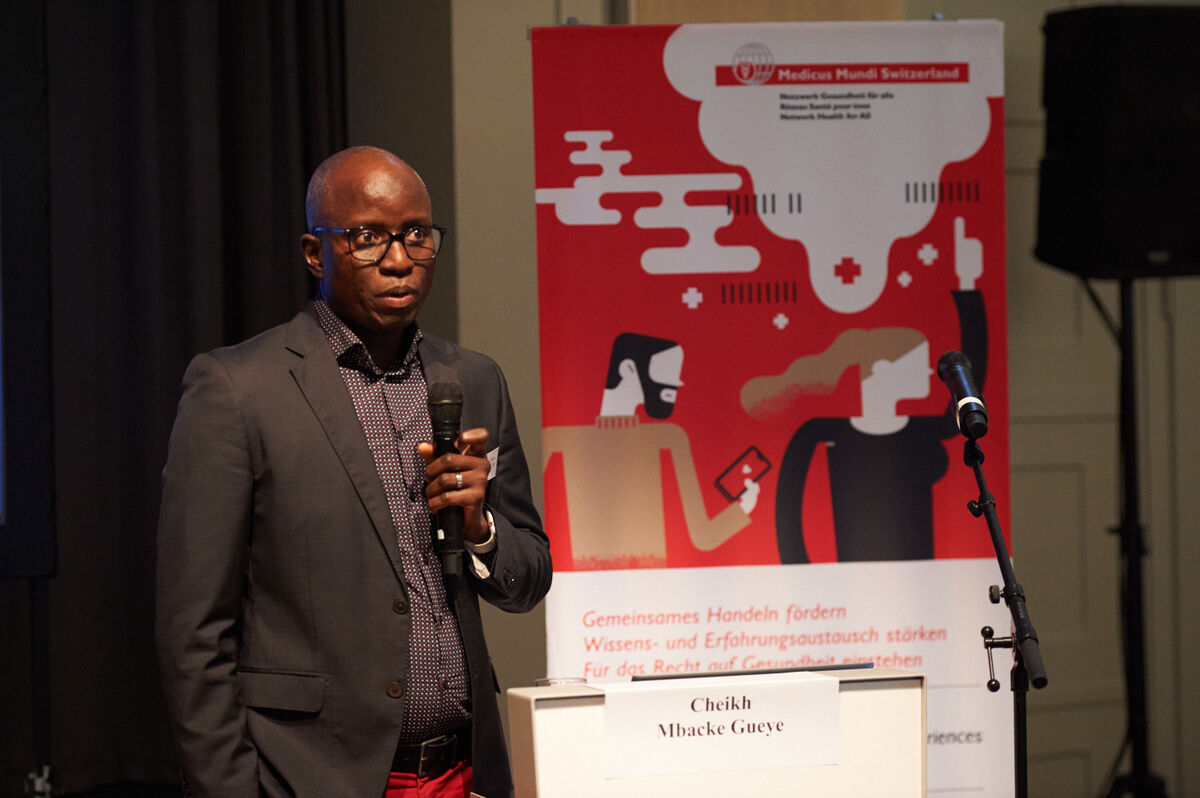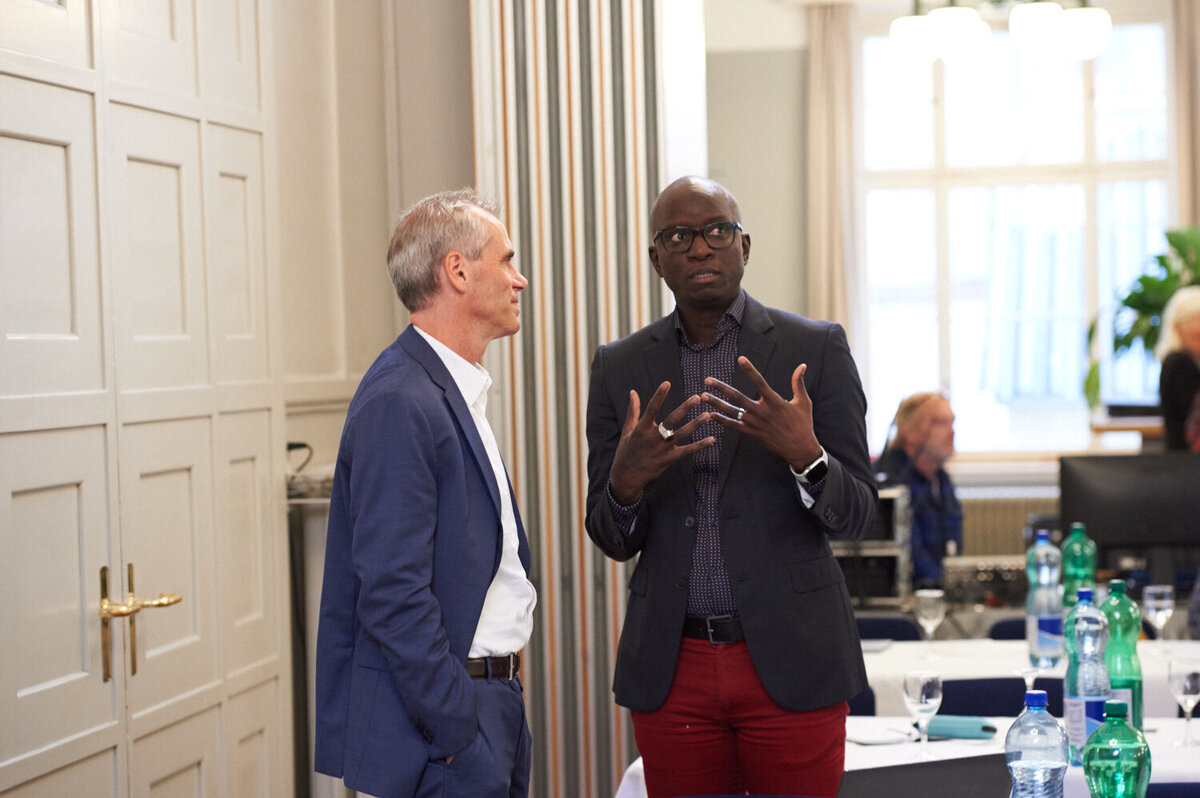- Exchange and Networking
- Knowledge and Learning
- Forums for Reflection and Learning
- Decolonize Health Cooperation: A community of practice jointly hosted by the Networks MMS and MMI
- MMS Workshops
- Lessons learned from nimble adaptations to organisations’ responses to the sexual and reproductive health (SRH) needs of adolescents in the context of the COVID-19 crisis.
- MMS Studies
- Panel on Sexual and Reproductive Health and Rights (SRHR)
- Implementation Research Platform
- Forums for Reflection and Learning
- Advocacy
- Our topics
- About us
- Media
- Contact
- Exchange and Networking
- Knowledge and Learning
- Forums for Reflection and Learning
- Decolonize Health Cooperation: A community of practice jointly hosted by the Networks MMS and MMI
- MMS Workshops
- Lessons learned from nimble adaptations to organisations’ responses to the sexual and reproductive health (SRH) needs of adolescents in the context of the COVID-19 crisis.
- MMS Studies
- Panel on Sexual and Reproductive Health and Rights (SRHR)
- Implementation Research Platform
- Forums for Reflection and Learning
- Advocacy
- Our topics









